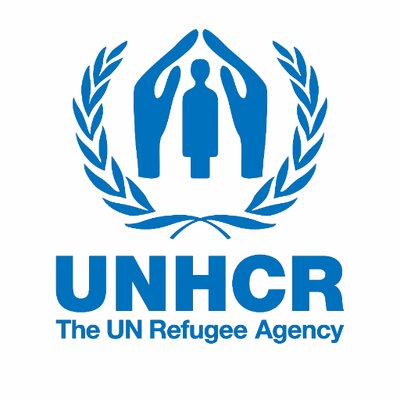
. Survey shows acute malnutrition in 26 refugee camps
ADDIS ABABA – The UNHCR Ethiopia said it has been directly involved in the response to IDPs by distributing non-food aid items such as blankets, shelter and sanitary materials, sleeping mats and many more.
Response to IDPs is multi-agency in nature and all UN agencies, including UNHCR, as well as other humanitarian partners are responding to the IDP situation in Ethiopia while UNHCR leads the Cluster that is in charge of Protection (ensuring the rights of refugees are respected) and has been working with other agencies to ensure that conditions are created for them to enjoy their rights, it has told The Ethiopian Herald.
A statement the Agency sent to the newsroom as well indicated that it has continued to be actively engaged in a humanitarian response, lately focusing its activities on places of return, to the IDP situation in Gedeo West Guji, East and West Wollega.
The activities that followed what it has described as “the recent significant returns of IDPs in these zones” is meant to identify and assess the protection issues of returnees while engaging in monitoring together with UN partners in returnee areas in West Guji.
Hence, the UNHCR has participated in joint ‘Targeting’ exercises and ‘Rapid Needs Assessments’ with the government and other UN agencies, the statement says. Meanwhile, UNHCR is working with Administration for Refugee & Returnee Affairs (ARRA), WFP and IOM to relocate 1,300 Somali refugees, who were previously registered in Eritrea and have recently crossed to Ethiopia and sought asylum, to Melkadida.
Meanwhile, a 346.5 million USD fund was requested for Ethiopia but only 16 percent of it, 54.2 million USD obtained the statement says adding that the gap is an 84-percent, 292.2 million USD. Ethiopia is host to the second largest refugee population in Africa, sheltering 905,831 registered refugees and asylum seekers as of 31 August 2018.
Asked the extent to which the funding gap affected its activities, UNHCR Ethiopia told The Ethiopian Herald that its financial requirements are based on the overall needs of refugees, including their learning and training needs, livelihoods and others, not to mention the basic needs. “When we don’t get enough funds, we prioritize and reprioritize and are often forced to focus on basic, life-saving needs of the refugees.”
The statement also shows as Global Acute Malnutrition (GAM) has been identified and it also explained the reasons. “Fourteen of the 26 refugee camps already covered by the standard nutrition surveys have shown a global actuate malnutrition (GAM) rate that is above the 15% threshold.”
Further it explained: “The high malnutrition rate is attributed to an increase in the use of negative coping mechanisms such as reducing quantity and frequency of meals which may be a result of the extended ration cuts since November 2017 and the general increase in commodity prices in the market.”
Responding to a question as to how members of the international community should act and do to counter this situation, he said the international community has to provide the funds necessary to ensure that refugees can have the minimum recommended kilo calories per day.
The Ethiopian Herald, July 19/2019
BY WORKU BELACHEW





